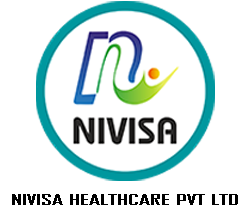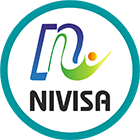Breastfeeding: the first few days
In the first few days, you and your baby will be getting to know each other. It may take time for both of you to get the hang of breastfeeding.
This happens faster for some women than others. But nearly all women produce enough milk for their baby.
Preparing to breastfeed before the birth
It’s good to find out as much as you can about breastfeeding before you have your baby. It may help you feel more confident when you start breastfeeding your baby.
Antenatal classes usually cover the most important aspects of breastfeeding, such as positioning and attachment, expressing, and how to tackle common breastfeeding problems.
Find antenatal classes near you.
You can find out about breastfeeding from your midwife, family and friends, and useful help lines and websites.
There are lots of groups and drop-ins, some specially designed for pregnant women who want to know more about breastfeeding. You can find out more by asking your midwife, health visitor, local peer supporter or GP. Or visit your local Children’s Centre.
Skin-to-skin contact
Having skin-to-skin contact with your baby straight after giving birth will help to keep them warm and calm and steady their breathing.
Skin-to-skin means holding your baby naked or dressed only in a nappy against your skin, usually under your top or under a blanket.
Skin-to-skin time can be a bonding experience for you and your baby. It’s also a great time to have your first breastfeed. If you need any help, your midwife will support you with positioning and attachment.
Skin-to-skin contact is good at any time. It will help to comfort you and your baby over the first few days and weeks as you get to know each other. It also helps your baby attach to your breast using their natural crawling and latching-on reflexes.
You’ll still be able to bond with and breastfeed your baby if skin-to-skin contact is delayed for some reason, for example if your baby needs to spend some time in special care.
If necessary, your midwife will show you how to express your breast milk until your baby is ready to breastfeed. They can also help you have skin-to-skin contact with your baby as soon as it’s possible.
Skin-to-skin after a caesarean
If your baby is delivered by caesarean, you should still be able to have skin-to-skin contact with your baby straight after delivery.
Colostrum: your first milk
The fluid your breasts produce in the first few days after birth is called colostrum. It’s thick and usually a golden yellow colour. It’s a very concentrated food, so your baby will only need a small amount, about a teaspoonful, at each feed.
Your baby may want to feed quite often, perhaps every hour to begin with. They’ll begin to have fewer, but longer feeds once your breasts start to produce more “mature” milk after a few days.
The more you breastfeed, the more your baby’s sucking will stimulate your supply and the more milk you’ll make.
Your let-down reflex
Your baby’s sucking causes muscles in your breasts to squeeze milk towards your nipples. This is called the let-down reflex.
Some women get a tingling feeling, which can be quite strong. Others feel nothing at all.
You’ll see your baby respond when your milk lets down. Their quick sucks will change to deep rhythmic swallows as the milk begins to flow. Babies often pause after the initial quick sucks while they wait for more milk to be delivered.
Occasionally this let-down reflex can be so strong that your baby coughs and splutters. Your midwife, health visitor or breastfeeding supporter can help with this
If your baby seems to be falling asleep before the deep swallowing stage of feeds, they may not be properly attached to the breast. Ask your midwife, health visitor or breastfeeding supporter to check your baby’s positioning and attachment.
Sometimes you’ll notice your milk letting down in response to your baby crying or when you have a warm bath or shower. This is normal.
How often should I feed my baby?
In the first week, your baby may want to feed very often. It could be every hour in the first few days.
Feed your baby as often as they want and for as long as they want. They’ll begin to have fewer, but longer feeds after a few days.
As a very rough guide, your baby should feed at least 8 to 12 times, or more, every 24 hours during the first few weeks.
It’s fine to feed your baby whenever they are hungry, when your breasts feel full or if you just want to have a cuddle.
It’s not possible to overfeed a breastfed baby.
When your baby is hungry they may:
- get restless
- suck their fist or fingers
- make murmuring sounds
- turn their head and open their mouth (rooting)
It’s best to try and feed your baby during these early feeding cues as a crying baby is difficult to feed.
Building up your milk supply
Around 2 to 4 days after birth you may notice that your breasts become fuller. This is often referred to as your milk “coming in”.
Your milk will vary according to your baby’s needs. Each time your baby feeds, your body knows to make more milk for the next feed. The amount of milk you make will increase or decrease depending on how often your baby feeds.
Feed your baby as often as they want and for as long as they want. This is called responsive feeding. In other words, responding to your baby’s needs. It’s also known as on-demand or baby-led feeding.
In the beginning, it can feel like you’re doing nothing but feeding. But gradually you and your baby will get into a pattern and the amount of milk you produce will settle down.
It’s important to breastfeed at night because this is when you produce more hormones (prolactin) to build up your milk supply.
In the early weeks, before you and your baby have become comfortable with breastfeeding, “topping up” with formula milk or giving your baby a dummy can lower your milk supply.
Speak to a midwife or health visitor if you are worried about breastfeeding or you think your baby is not getting enough milk.
They might suggest giving your baby some expressed breast milk along with breastfeeding.
Dealing with leaking breasts
Sometimes, breast milk may leak unexpectedly from your nipples.
Wearing breast pads will stop your clothes becoming wet with breast milk. Remember to change them frequently to prevent an infection.
Expressing some milk may also help. Only express enough to feel comfortable as you do not want to over stimulate your supply.
If your baby has not fed recently, you could offer them a feed as breastfeeding is also about you being comfortable.
Parenting tips for the first two years of life
Advice for every parent.
Did you know that up to 75% of each meal goes to build your baby’s brain? Or that over 80% of your babys brain is formed by the age of 3?*
With every hug and every kiss, with every nutritious meal and game you play, youre helping to build your babys brain.
Here are some tips to help give your child the best start in life
Here are some tips to help give your child the best start in life:
Newborn baby tips
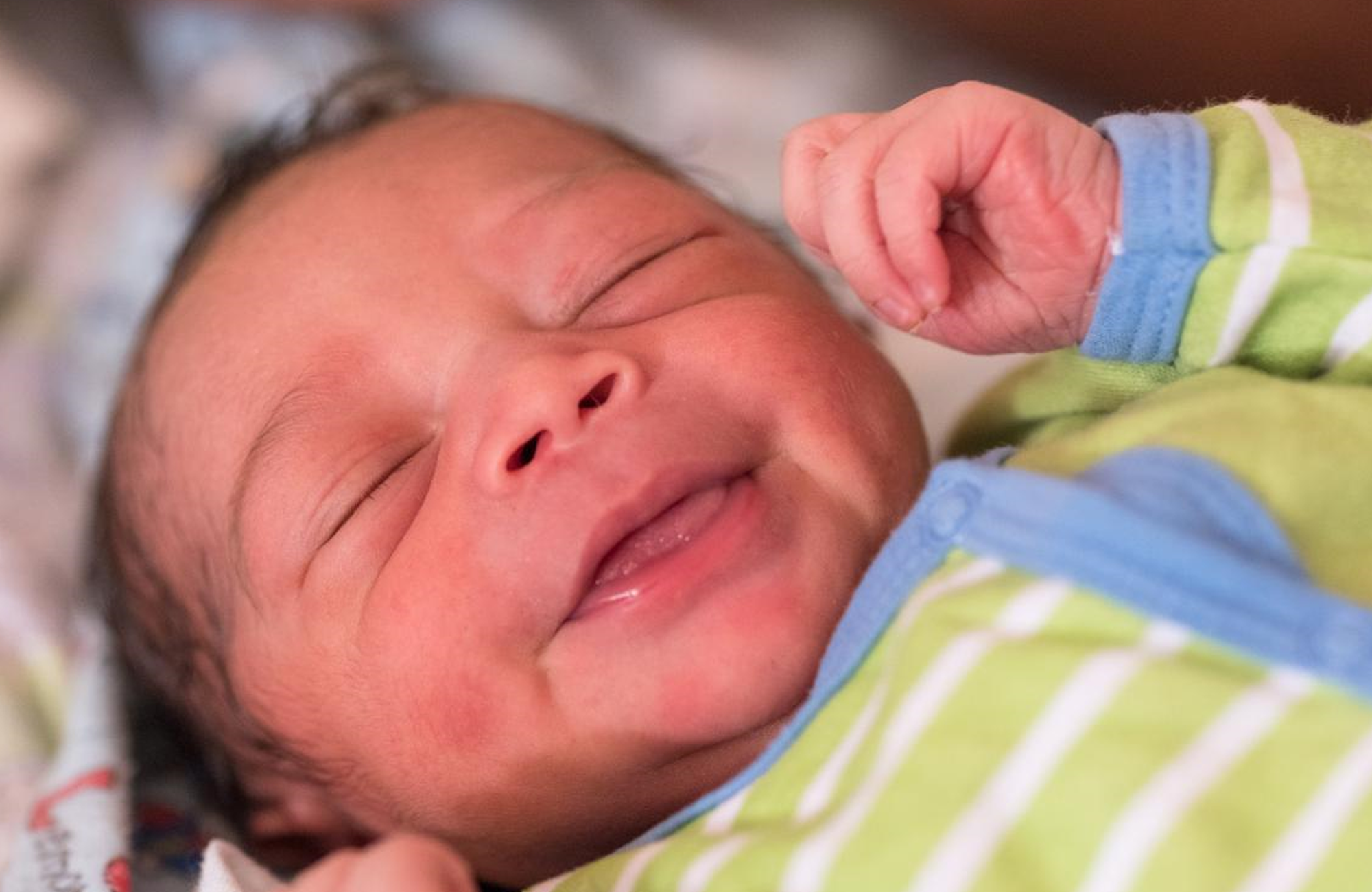
Did you know?
Within a few days, babies can start smiling when people smile at them.
- Provide ways for your baby to see, hear, move freely and touch you.You should see your babys arms and legs move in disconnected ways. Slowly your baby will learn how to control her movements.
- Look into your babys eyes and smile in response to his smiles.You should see your baby react positively to your facial expressions, movements and gestures.
- Talk to your baby in soft tones and baby talk. Both the father, mother and other caregivers should communicate with the newborn. You will notice that she can hear and will soon start memorizing and copying your words.
- Gently change the sound of your voice.Make it slower/quicker, higher/lower, or quieter/louder. You should observe reactions from your babys face and body, and notice him interacting with you.
- Place your baby on her tummy and shake a rattle or bell in front of her.Slowly lift the rattle just a little and encourage her to lift her head and shoulders to watch it move. Doing so helps your baby follow the rattle with her eyes, and practice lifting her head and shoulders.
- Gently soothe, stroke and hold your child.You will see your baby comforted, happy to be held and cuddled.
- Do skin to skin contact.Feeling, hearing and smelling your presence should provide your baby with a sense of calm and security.
1-6 month old baby tips
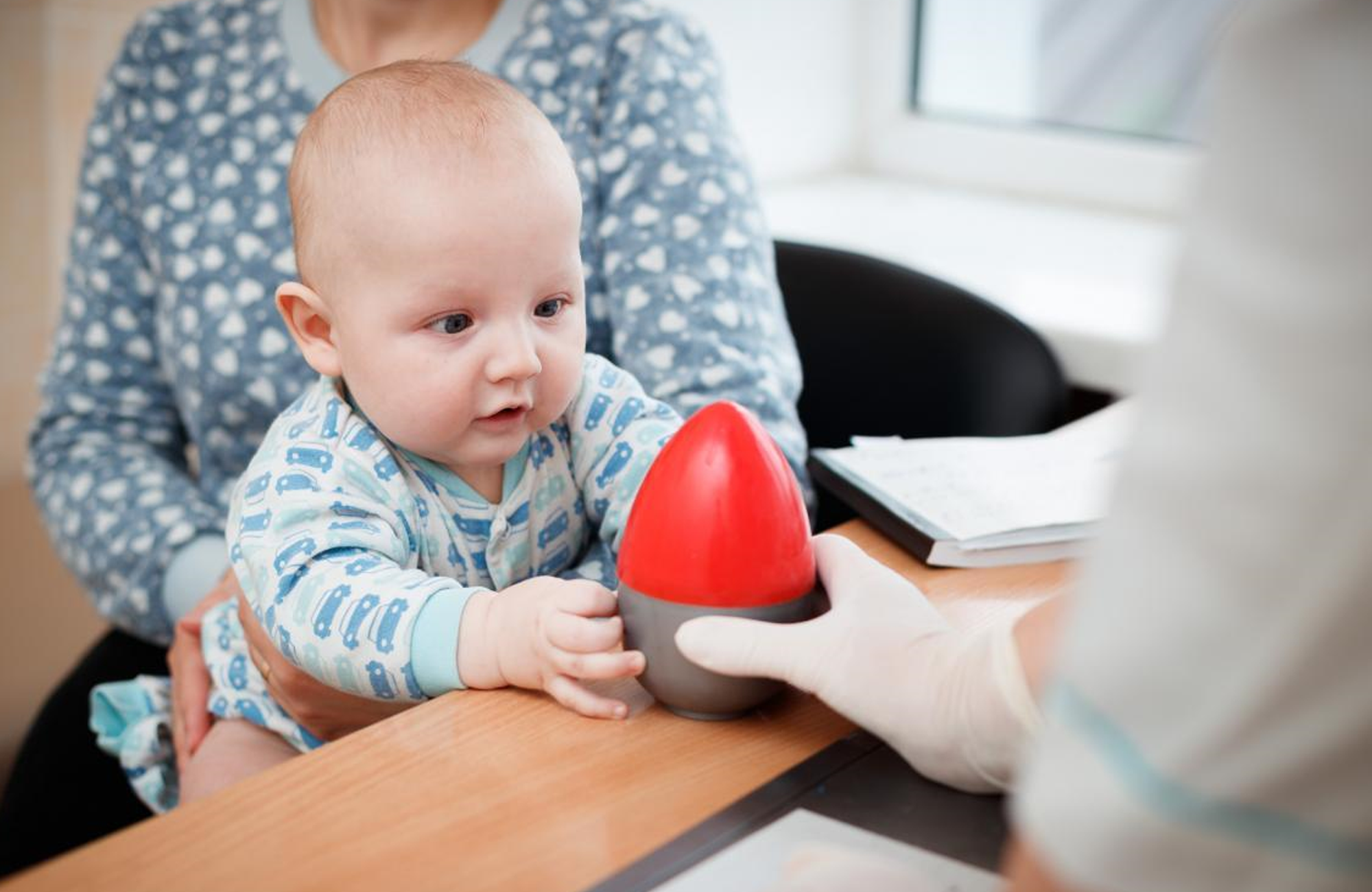
Did you know?
1-3 month old babies see things best when they are between 20-30 cm away. By 3 months, babies have a greater range of vision.
- Provide ways for your child to see, hear, feel, move freely and touch you.Your baby will slowly establish trust with you.
- Slowly move colourful things for your child to see and reach for. A simple, homemade toy, like a rattle, can attract your babys interest by the sounds it makes.
- Smile and laugh with your child.You should soon see your baby smile in return.
- Talk to your child and copy her sounds or gestures.You should see her slowly focus on your face and try to imitate you in return.
- Help your child follow an object.When he sees it, move it slowly from side to side and up and down. You should see him try to follow the object with his eyes.
- Encourage your child to reach for a safe object. Try something like a plastic cup. You should see her try to grab or touch it.
- Cut out simple pictures of familiar things, people and animals.Try to get pictures showing lots of different colors, textures, scenes and faces. Talk about the pictures as your baby looks at them. You should observe how your baby listens to what you tell him and participates in his own way.
- Play a game with your baby.Place her on her stomach and slowly walk your fingers toward her. Then quickly and gently tickle her saying: here come my fingers, here they come, closer and closer, they got you. To change the game, make your fingers creep slowly or quickly, or wait different amounts of time before tickling her. You should see her show delight by laughing or squealing.
6-9 month old baby tips

Did you know?
At 6 months, your baby can eat anything except honey which should not be given until she is a year old.
- When asking a question, give lots of time for the answer.Count to 10 in your head. If no answer comes, then answer the question yourself. Try an easier question the next time.
- Say your babys name as much as possible.She will look to see who is saying it and will try to reach out to the person.
- Never speak or sing too loudly, as this may scare babies.
- Smile as much as possibleand provide your baby with comfort and trust.
- Give your child clean, safe and colourful things, such as a wooden spoon or plastic bowl, to reach for and touch, or bang and drop.
- Make simple picture books, puzzles, hand puppets and dolls to develop your baby’s curiosity and help him learn new things. To make a simple puzzle, just glue a picture on a piece of cardboard or other material and cut out the sections.
9-12 month old baby tips

Did you know?
To increase infants self-esteem and confidence, always take a positive approach to your childs learning process. Try to say yes, good, well done more often, rather than no, bad, not good.
- Play hide and seek with your infantand see if he can find the objects you hide. You can hide something under a cloth, and say: Where did it go?, Can you find it?. You should see an increase in your childs curiosity and willingness to find out what happened to the object.
- Tell your infant the names of things and people.She should show interest and soon will try to make relationships between words and objects or people.
- Show your child how to say things with hands, like bye bye.Soon your child should try to imitate you and wave bye-bye on his own, making a relationship between a movement and a vocal expression.
- Point to the eyes, nose and mouth on a doll. After showing one part on the doll, touch the same part on yourself and on your baby. Take your babys hand and have him touch the eyes, nose and mouth on the doll, you and himself. Slowly, the baby will be able to memorize and identify these different words and relate them to his body parts.
1-2 year old toddler tips
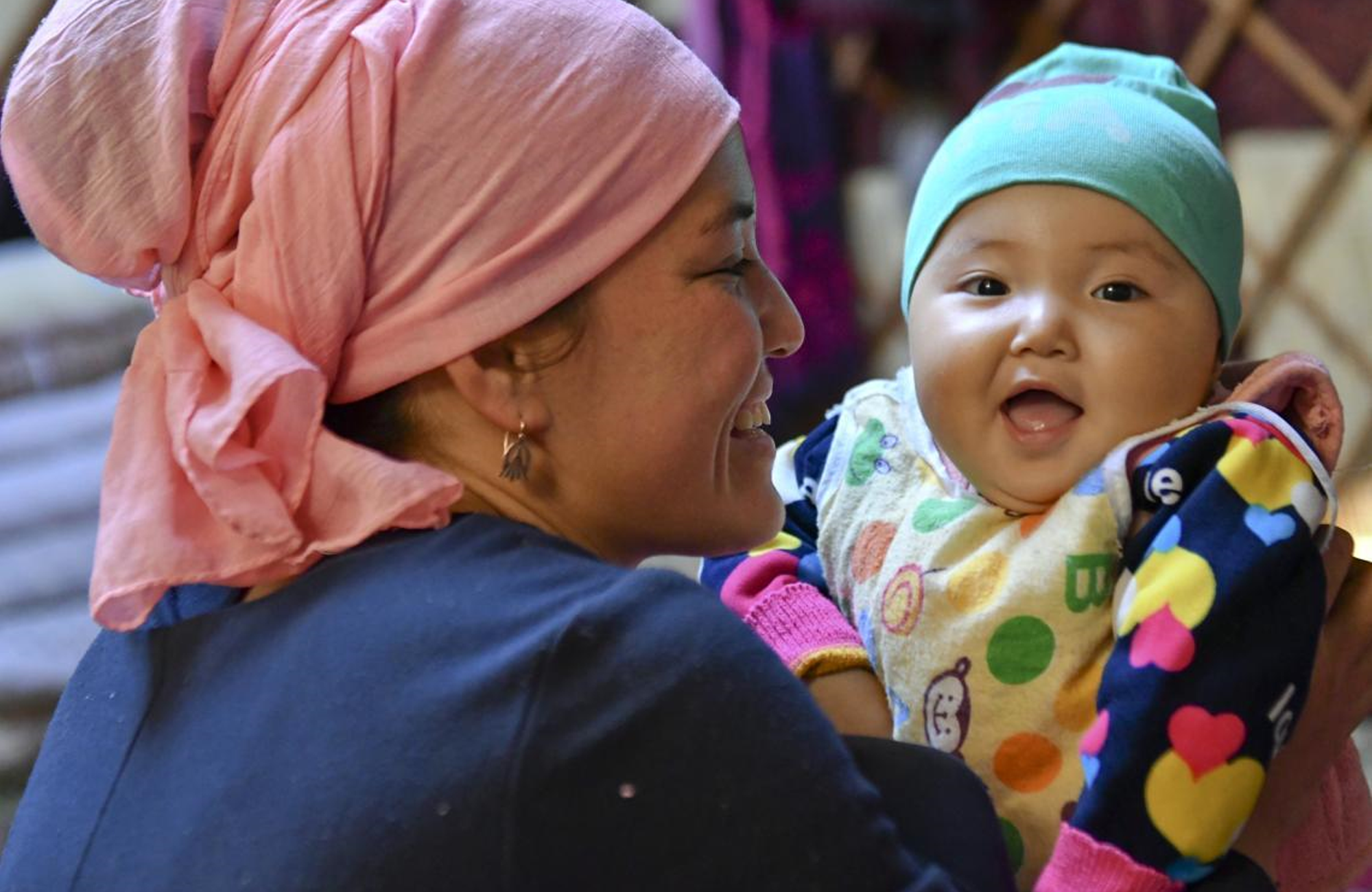
Did you know?
Toddlers are especially happy when they see that they are making the adults around them happy as well.
- Give your child things to put into containers and take out.She will try to take them out and put them back on her own, which is great for the development of eye-hand coordination skills.
- Give your toddler things to stack up.He should try to stack more things on his own and make them fall down, or will stack things up until they fall down.
- Ask your child simple questions and respond to your childs attempts to talk.She should be willing to interact by responding and/or asking further questions.
- Try to talk about different realities with your infant, such as nature, pictures and things from the surrounding environment. You should see your toddler move around and be willing to explore the environment.
- Watch what your toddler does and name it: You are filling the box. He will be happy to show you what he learned and will gain self-esteem.
- Play with your toddler and offer help: Lets do it together. Here are more stones to put into your box.These discoveries should make her happy and more confident.
- Use every opportunity to engage in a conversation, including when feeding or bathing, or when working near him. He should soon begin to understand what you are saying and be able to follow simple directions.
- Turn simple questions into games: Where is your toe? or Where is the bird?. You can look at pictures and talk about what you see. She should show more and more curiosity and willingness to communicate about what she sees and hears.
2+ years old toddler tips
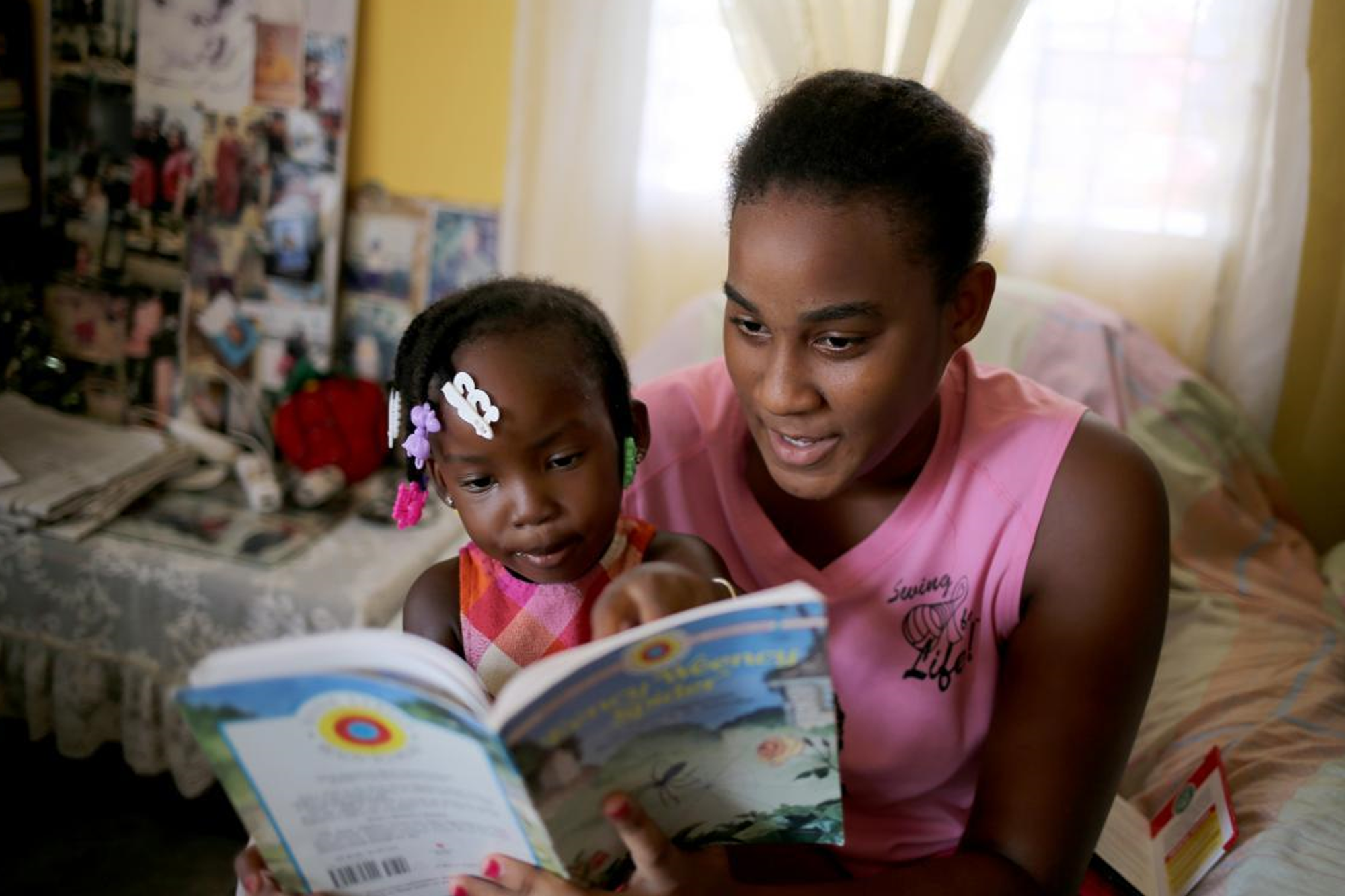
Did you know?
Children learn better when they are taught how to behave well instead of being scolded for behaving badly.
- Ask simple questions and listen to the answers.Encourage your child to talk: What is this?, Where is the window?, Which ball is bigger?, Would you like the red cup?. You should see your childs growing interest in interacting with you and responding to your questions.
- Read stories to your child and ask questions about what you see in the book. You should notice your child memorizes and tries to repeat what you read.
- Help your child learn to count by asking how many and counting things together.Your child will make mistakes at first, but learn from repeating things many times.
- Offer your child circles and other shapes cut from coloured paper to compare and sort.She should be happy to try sorting things and will learn how to match and make relationships between different objects, colours and shapes.
New Parents Make 10 Mistakes
New-parent mistake No. 1: Panicking over anything and everything.
“Many new parents have overblown physical reactions to spitting up, vomiting, and other things a baby does, says Leon Hoffman, MD, director of the Pacella Parent Child Center in New York. And the baby picks up on that anxiety.”
Hoffman says parents can waste the entire first year of their baby’s life by worrying about the small stuff. Is he having too many bowel movements or too few? Is she spitting up too much? Is she getting enough to eat or too little? Does he cry too much or not enough? Any of that sound familiar to you?
“This worry gets in the way of being spontaneous and enjoying your infant’s first year of life,” Hoffman says. “Babies are far more resilient than we give them credit for.”
New-parent mistake No. 2: Not letting your infant cry it out.
“We, as parents, think our job is to make sure the baby is not crying,” says pediatric nurse Jennifer Walker, RN. “That’s because we associate crying with the fact that we are doing something wrong and we need to fix it,” she says. “Babies are designed to cry. They can be perfectly diapered and fed and still cry like you are pulling an arm off.” Because that’s the way babies communicate. It doesn’t mean you can’t console or cuddle them.
For the most part, crying is just part of being a baby. But if your infant is inconsolable for an hour and has a fever, rash, vomiting, a swollen belly, or anything else unusual, call your pediatrician as soon as possible. You know your baby best. If you think something isn’t right, always check with your doctor.
New-parent mistake No. 3: Waking your baby up to breastfeed.
“Breastfed babies can — and should — sleep through the night, Walker says. But theres a common misconception that breast milk is not thick enough to get an infant through the night. But it is possible and beneficial for breastfed babies — and their moms — to sleep through the night.”
New-parent mistake No. 4: Confusing spit-up and vomit.
Walker says, “The difference [between spit-up and vomit] is frequency, not forcefulness. Spit-up can absolutely fly across the room.” But vomiting is all about frequency. “If your baby is vomiting with a gastrointestinal virus, she says, it will come every 30 or 45 minutes regardless of feeding.” Spit-up, on the other hand, is usually related to feeding.
New-parent mistake No. 5: Not sweating a fever in a newborn.
“Any fever over 100.4 rectally in the first 3 months of a baby’s life is an emergency, Walker says. The one exception is a fever that develops within 24 hours after an infant’s first set of immunizations.
“Some parents may just say ‘he feels warm’ and give the baby Tylenol,” Walker says. “But that’s a parenting mistake in this age group. An infant’s immune system is not set up to handle an infection on its own.”
If your child feels warm, take the temperature rectally. If the temperature is above 100.4, call your pediatrician immediately.
New-parent mistake No. 6: Not properly installing the car seat..
Any new parent whos tried knows that installing a car seat can seem like rocket science. Once you have chosen the right seat, Walker says, “go to your local fire station or Babies-R-Us or another chain store to make sure you have installed it correctly. Or go to get help putting it in. “Your infant’s life, she says, may depend on it.”
New-parent mistake No. 7: Neglecting oral care.
“Many new parents dont think about their newborn’s teeth or oral health until it is too late,” says Saul Pressner, a New York City-based dentist. Your baby is never too young for you to start encouraging good oral health habits. Pressner offers tips to help new parents:
- Don’t give your infant milk in bed once teeth have erupted. This will increase the risk of developing cavities, Pressner says, adding that the cavities are also known as baby bottle decay.
- Use a wet gauze to wipe down your babys gums, he says. And start using a toothbrush when the baby turns 1.
- Its also important to make sure your child is getting enough fluoride. Fluoride is found naturally in water and helps prevent cavities. Some towns have fluoridated water through the taps. “If yours doesnt, Pressner says, ask your dentist about supplements.”
New-parent mistake No. 9: Fighting too much (or too little) in front of your baby.
“Even a 3-month old will pick up vibes,” Friel says. In terms of fighting, he suggests you ask yourself, Is it scary? or Is it frequent? “Look at the intensity and frequency of your fights,” he says. “Snapping every now and then is a normal part of living with another person. And when people start to suppress too much, it’s just as bad as going to the other extreme.”
New-parent mistake No. 10: Trusting unreliable sources for parenting advice.
“Many new parents go to the wrong places for parenting advice. This is a classic parenting mistake,” Walker says. She advises that you be careful about where you get your information. Walker says, “WebMD.com, the Federal Centers for Disease Control and Prevention (CDC), and the American Academy of Pediatrics are reputable and useful when making decisions about general medical care and immunizations.”
Sources:
*Steen, The Evolving Brain: The Known and The Unknown, 2007; Dekaban, Annals of Neurology, 1978.
*www.unicef.org
*www.nhs.uk
*www webmd.com
****Disclaimer(Please make a separate section for this)
Baby Care Tips aredesigned to help parents and carers obtain information and guidance about caring for, and promoting the health of babies and children. Consultants and its officers believe the information they dispense is accurate and reliable; however, in some instances the information may represent opinions or judgements based on professional and personal experience. This website, its consultants and officers are not responsible for any errors or omissions in reporting or explanation.
Any information from this website or services is not intended to diagnose, treat, cure, or prevent any disease or illness. This website and its services is for information purposes only.
We do advise to seek medical advice before using any of our services. Our information does not replace medical advice received. Our services are not intended to replace the services offered to you by your medical provider.
By using our site and services you agree not to use our services without consulting with a medical professional regarding our services. If you suspect that your child has a medical condition, please consult with your child’s doctor before use of any of our services/ programs/ courses. Professional advice should always be sought for specific conditions and specific circumstances.
Never disregard professional health or medical advice or delay in seeking medical treatment due to information obtained from this website or through its consultation services or programs/ courses.
Should there be any medical concerns or emergencies, we urge you to seek urgent medical advice, do not rely on this site or services for such issues.
You assume full responsibility for the use of this website and the use of its services. It is provided with the understanding that neither Baby Care Advice, nor the consultants or officers shall be liable or responsible to any person or entity for loss or damage caused, or alleged to have been caused, directly or indirectly by or from the informatiDisclaimer
Baby Care Advice is designed to help parents and carers obtain information and guidance about caring for, and promoting the health of babies and children through services being: consultations (inclusive of email support), programs/courses, articles. Consultants and its officers believe the information they dispense is accurate and reliable; however, in some instances the information may represent opinions or judgements based on professional and personal experience. Baby Care Advice website, its consultants and officers are not responsible for any errors or omissions in reporting or explanation.
Any information from this website or services is not intended to diagnose, treat, cure, or prevent any disease or illness. This website and its services is for information purposes only.
We do advise to seek medical advice before using any of our services. Our information does not replace medical advice received. Our services are not intended to replace the services offered to you by your medical provider.
By using our site and services you agree not to use our services without consulting with a medical professional regarding our services. If you suspect that your child has a medical condition, please consult with your child’s doctor before use of any of our services/ programs/ courses. Professional advice should always be sought for specific conditions and specific circumstances.
Never disregard professional health or medical advice or delay in seeking medical treatment due to information obtained from this website or through its consultation services or programs/ courses.
Should there be any medical concerns or emergencies, we urge you to seek urgent medical advice, do not rely on this site or services for such issues.
You assume full responsibility for the use of this website and the use of its services. It is provided with the understanding that neither NIVISA Health care, nor the consultants or officers shall be liable or responsible to any person or entity for loss or damage caused, or alleged to have been caused, directly or indirectly by or from the information or ideas contained, suggested or referenced by consultants or officers.on or ideas contained, suggested or referenced by consultants or officers.
